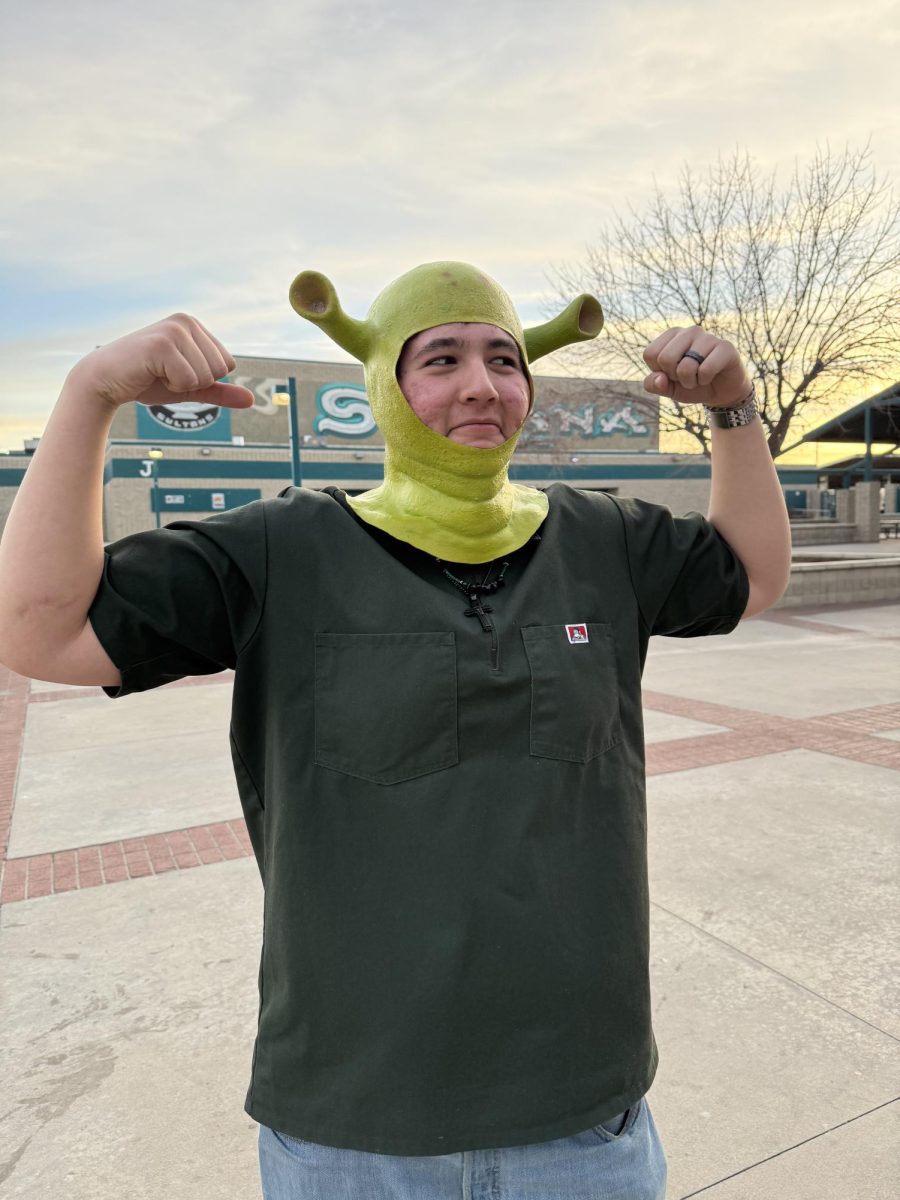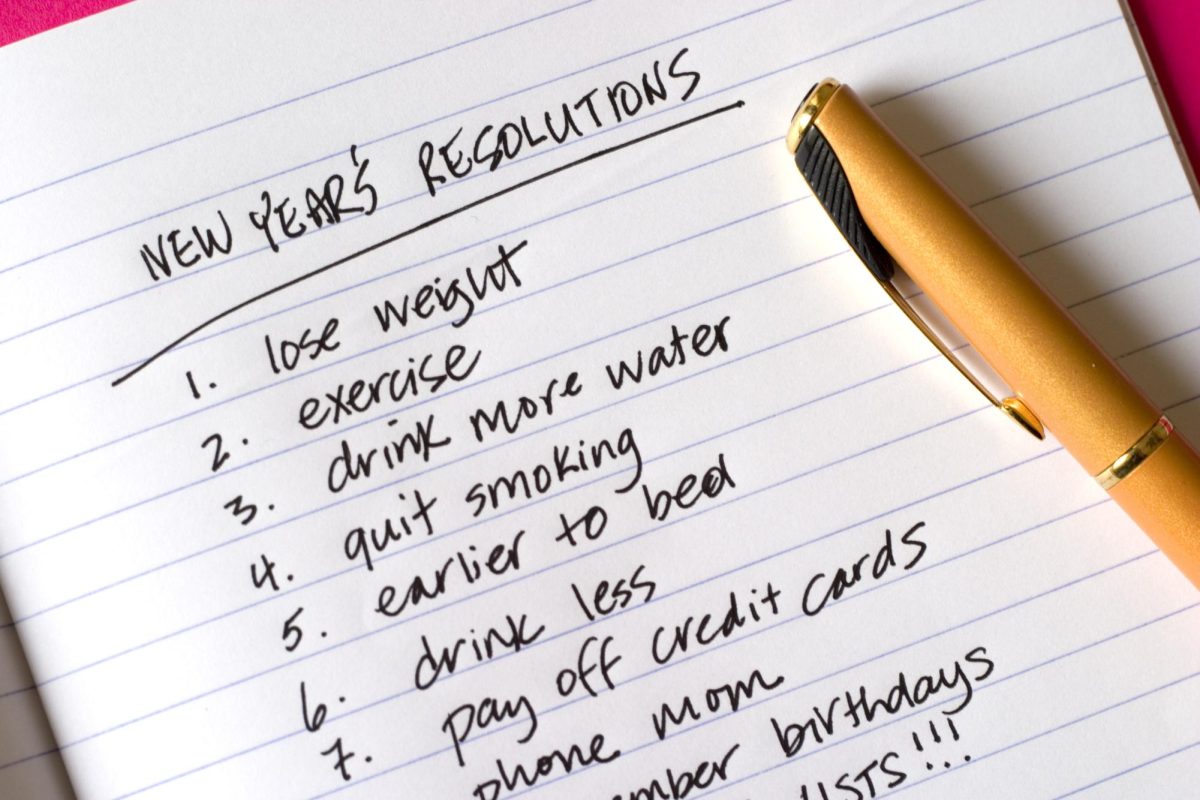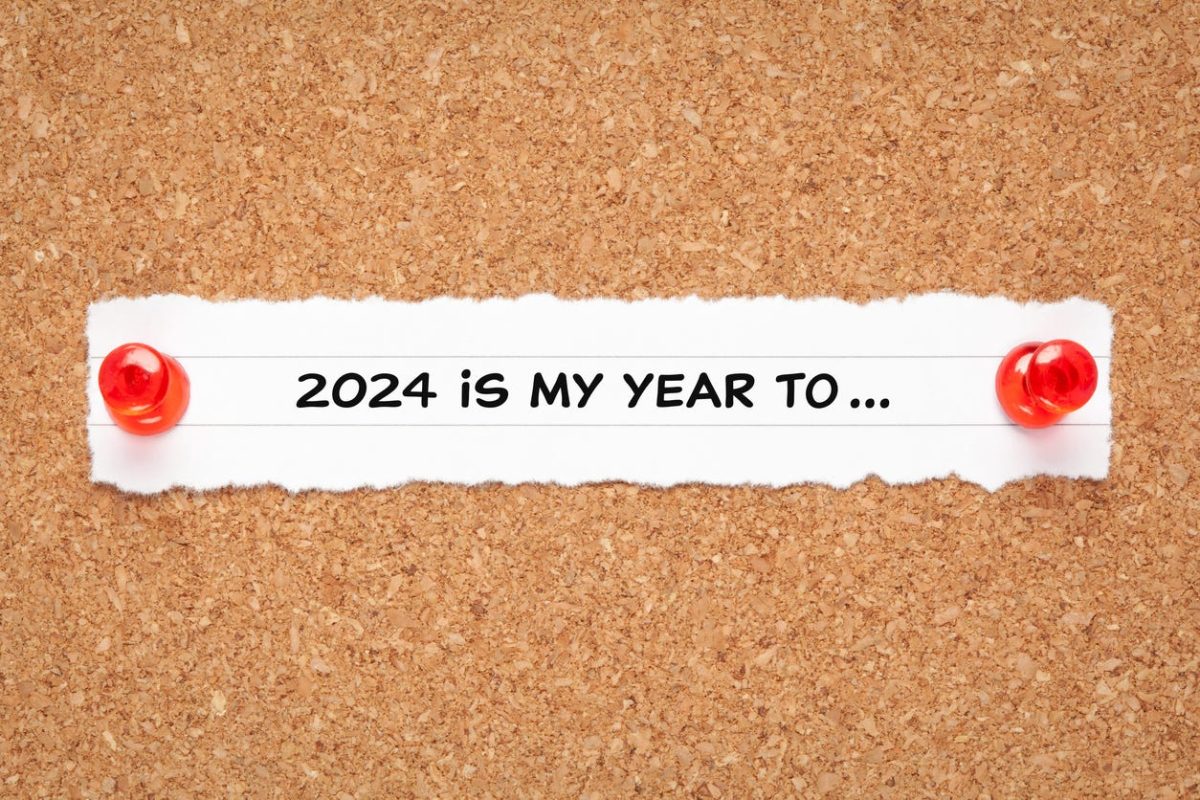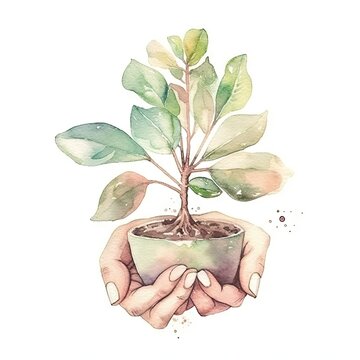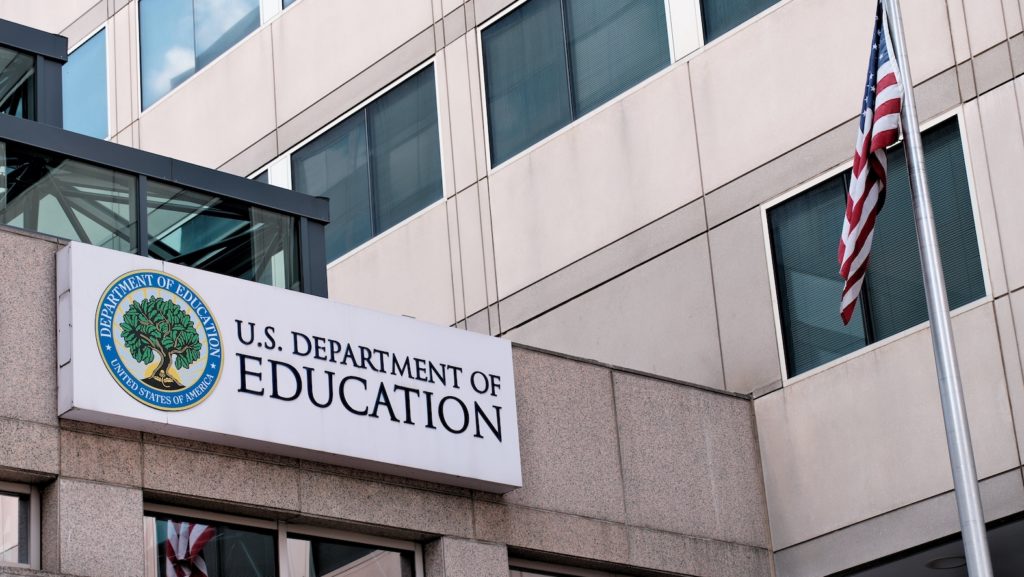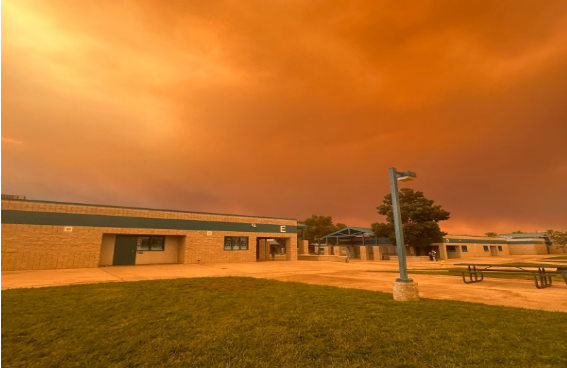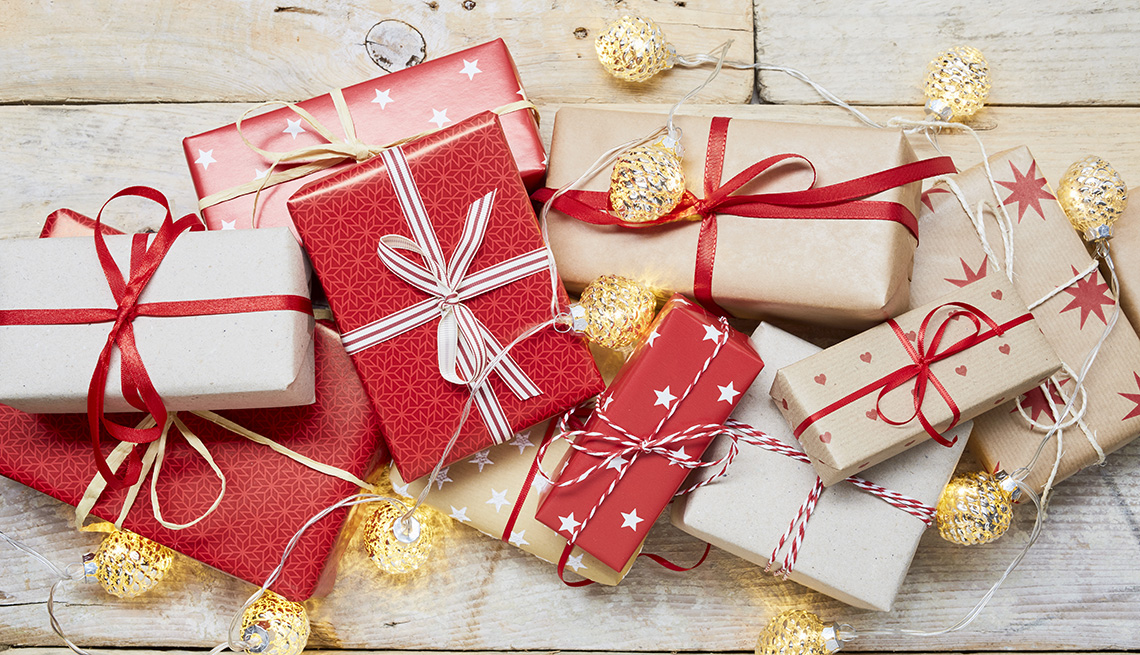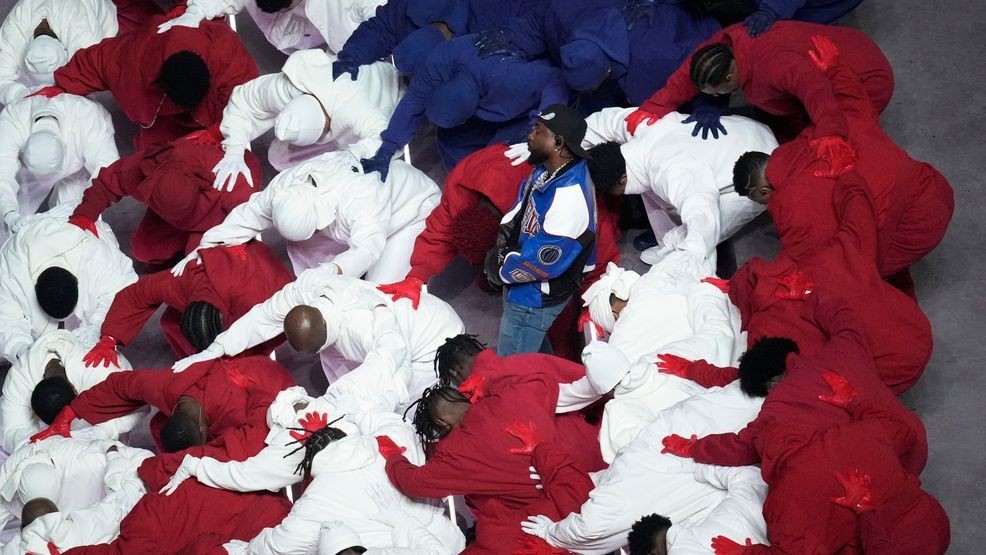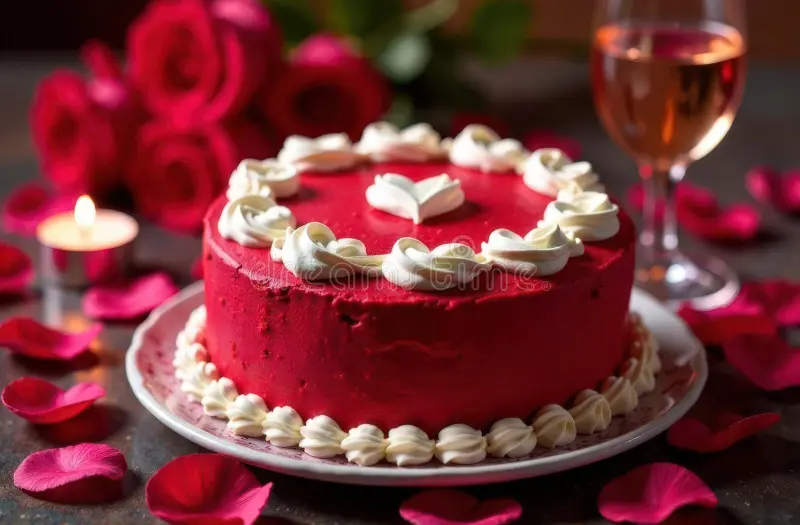Do you remember learning about Thanksgiving in elementary school? All the little kid activities you would get to do —cutting out hats that represented pilgrims and “Indians”?
I never understood the history behind Thanksgiving or why some people were so passionate, uninterested, or even hated the holiday. People claim that the holiday celebrates the genocide of Native Americans; others claim it is just a holiday meant to appreciate the things we have.
Students’ perspectives are more relaxed. “I enjoy Thanksgiving because it’s a time where family reunites…”, said Jocelyn Arredondo, a junior at Sultana High School. However, it seems as if other students could care less about Thanksgiving and have a sole focus on Christmas.
Real History:
I spoke with Brett Simmons, a history teacher at Sultana, to get a better understanding of the history behind this seemingly controversial holiday. This is what he explained:
In the 1620s; the colonists, pilgrims, left England because King James refused to let them persecute other religions that were not Puritans. The Puritans “feeling oppressed” over the fact other religions existed, decided to leave to make another colony (an American colony in Massachusetts). All were crammed in one ship after the second one sank; they knew they needed extra help when they arrived. However, most Native Americans had died from smallpox or were enslaved.
The Pilgrims, starved, went to abandoned villages to take the food. The first winter only half survived. They managed to build a tiny town that could fit right in Sultana, estimated to be only a few hundred people at that point. After they saw no Native Americans, one showed up speaking fluent English; who was originally a slave that escaped. He made allyship with the pilgrims, he gave the pilgrims advice to survive.
The pilgrims, many of whom were already military trained, made a strategic partnership with a powerful and large native tribe (Wampanoag). The Native tribes were already at war with each other.
(This adds up to what we are told in school; the Natives helped the pilgrims survive with the addition that the Natives celebrating their win against the other Native tribes. The first Thanksgiving — but that’s not the end.)
As time went by, more colonists kept showing up, and the number of Native Americans kept decreasing. This Triggered the King’s Philip’s War, the Natives’ last attempt to push the colonists out, which Simmons said was, by percentage, one of the deadliest wars in American history.
In the beginning, Thanksgiving transitioned from a regional holiday (in the northeast) to become a cultural holiday throughout the country as Americans gave “thanks to god” for independence from Britain and the ratification of the constitution. Then in 1863, under President Abraham Lincoln, it became a federal holiday in which Americans gave thanks for the Constitution but also for the recent Union victories at Vicksburg and Gettysburg during the Civil War.
Native Perspective:
Some believe that making Thanksgiving a holiday completely ignores what the colonists did to the Native Americans. Sultana teacher and Indigenous herself, Tynelle Olivas Davis feels…
“Had the Native Americans chosen a different course of action… would that have changed history and the near genocide of all indigenous people in what is now the USA? Probably not. In fact, it may have added further fuel to the misconception of Native Americans as savages that needed eradicating…”
“I love Thanksgiving because, for me, it celebrates and honors the selflessness and brotherhood of our original nations/ indigenous tribes towards the European settlers. Native Americans are rarely recognized, much less celebrated, in this country, so this holiday is one opportunity to raise awareness of our contributions to American history and society. Thanksgiving also reminds me to be thankful for who and what I have in my life and that my Native American brethren showed the pilgrims grace even though (as we know) their descendants did not reciprocate that same respect.”
Thanksgiving has a completely different meaning to what it has been over the decades and there is no shame in celebrating it; we still can’t forget where it originally came from. During the fun and adrenaline of the holiday go support local Native American groups and educate yourself on today’s injustice towards America’s Indigenous people.


